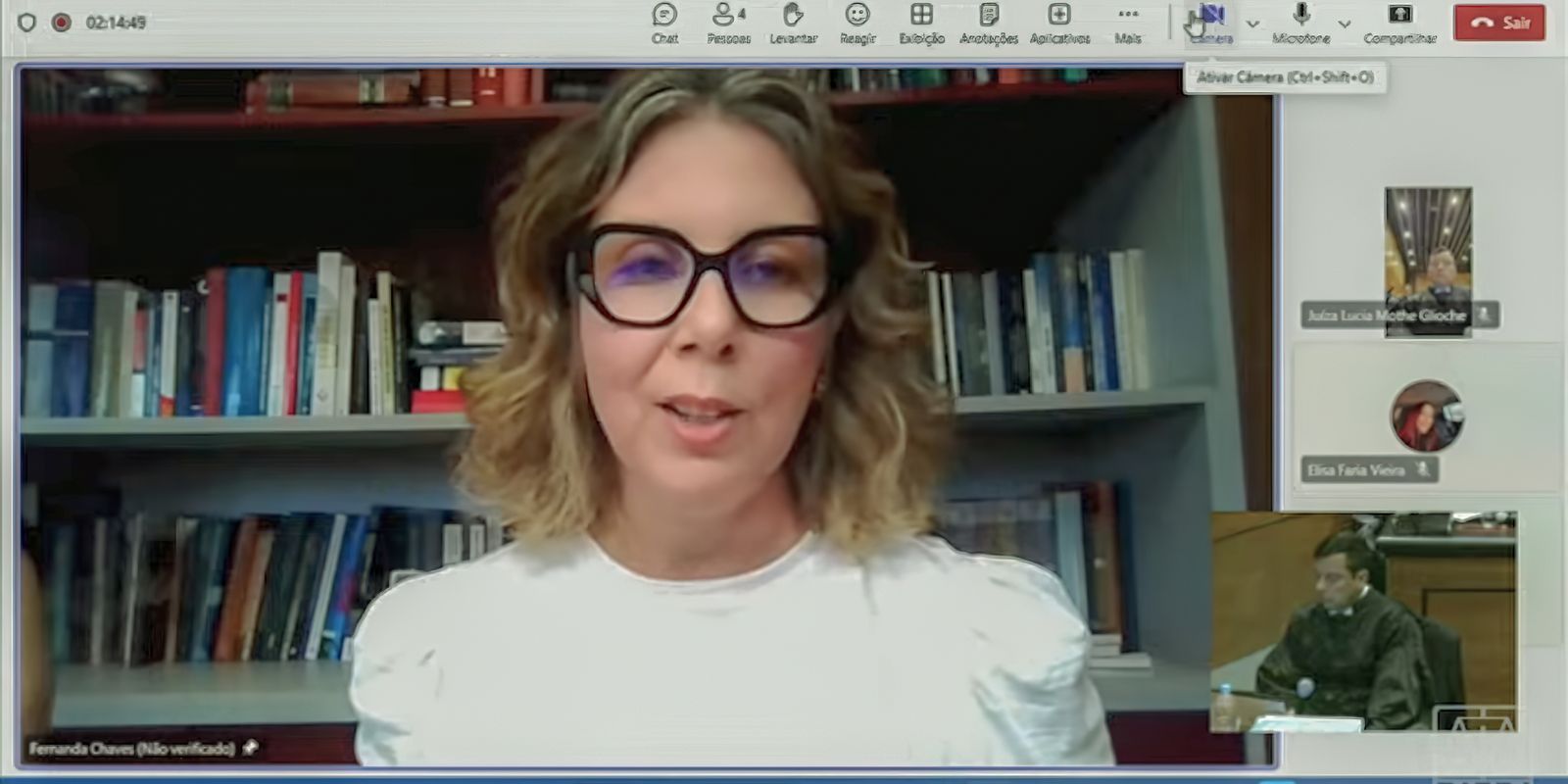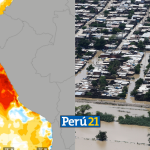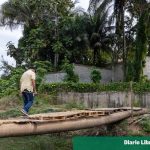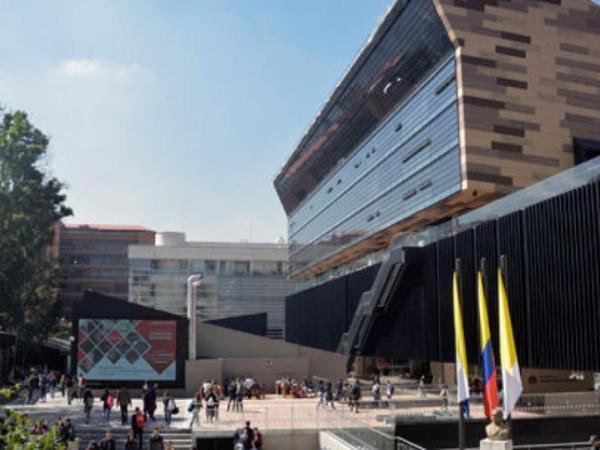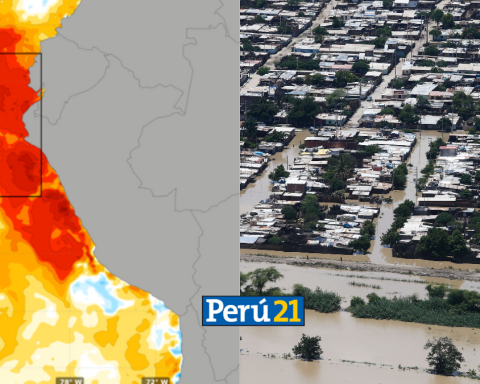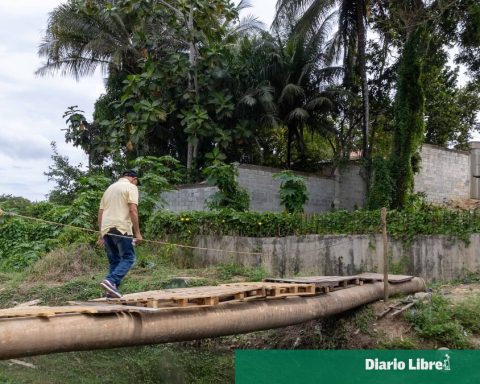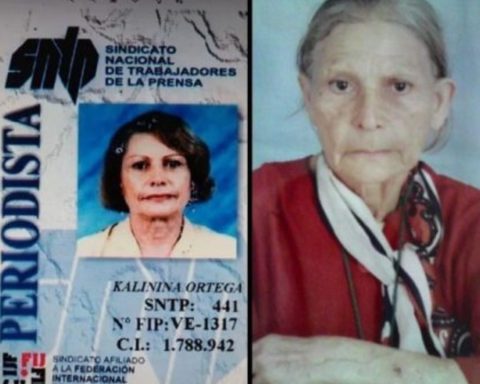“Not even when she died did she stop.” The phrase is the explanation of Fernanda Chaves, former advisor to councilwoman Marielle Franco (Psol), about what the parliamentarian’s presence was like wherever she went, during the trial of former police officers Ronnie Lessa and Élcio Queiroz, which began this morning Wednesday (30) at the 4th Rio Jury Court, in the city center.
Fernanda, survivor of the attack, which resulted in the murders of Marielle and driver Anderson Gomes, on March 14, 2018, said that if those who promoted the attack thought that the parliamentarian’s death would end the defense of their flags, they were wrong “.
“It’s difficult to see in these demonstrations. When we have to say ‘Marielle Vive’ I feel awkward and I almost can’t say it, because she’s not here, I can’t hug her, I can’t smell her. It’s too painful, but at the same time, what Marielle means. What it is in essence is whole. Those people who thought and wanted to interrupt Marielle, they were unable to interrupt. They took Marielle from us, but they couldn’t stop what Marielle means. They will spend the rest of their lives unhappy, having to listen to Marielle Vive, having to come across laws designed by her mandate and by her, having to see her face on walls around the world, street signs. They didn’t interrupt Marielle,” he said in response to a representative of the prosecution assistance.
Journalist Fernanda Chaves was the first witness to testify at the trial. Judge Lucia Glioche, head of the 4th Jury Court of Rio, said from the beginning that given her status as a victim, she would not ask her to make a commitment to tell the truth and advised her: “Whatever you don’t know, say you don’t know ; If you don’t want to answer, say you don’t want to answer; If you don’t remember, say you don’t remember”, said the judge.
In addition to the Public Ministry of the State of Rio de Janeiro (MPRJ), representatives of the prosecution’s assistants and the defendants’ defense were able to ask questions to the witness.
The first question he answered was about how he spent the day of the murders. Fernanda recalled that March 14, 2018, started as a normal work day. At around 6pm, the councilor left for her appointment at Casa das Pretas, in Lapa, downtown Rio, where she would participate in a conversation with women. Fernanda went to meet Marielle there later and left in the car driven by Anderson with the councilwoman, who was in an urgent need to get home. The journalist said that she used to hitchhike because they were neighbors in the Tijuca neighborhood, in the north of the city.
Unlike what usually happened, Marielle preferred to stay in the back seat because she was tired. On the way they talked and read messages on their cell phones. Marielle asked to listen to the Flamengo game. When they were passing through the Estácio neighborhood, in the north zone, Fernanda revealed that they heard a volley of gunshots, without understanding what was happening, in an act of reflex she bent down behind the seat where the driver was and from there she could see when he lowered the car. right arm and complained of pain. Beside her, Marielle showed no reaction. “Marielle was motionless, I felt her arm above me, the weight of her body. I wasn’t wearing a seat belt, so I managed to duck behind the seat,” he reported.
“I believed that I had just been through a shooting, because unfortunately this is Rio de Janeiro, so in my head I needed to get out of the car to ask for help”, he added, adding that then, some people who were in the sidewalk in front began to approach. Still confused by the situation, she asked for help to call an ambulance to the scene.
The witness said that his life was transformed by the murders and to this day, almost 7 years after the attack, he has not been able to return to the office where Marielle held office. Shortly after the attack, he received support from Amnesty International and moved to Madrid, Spain, under witness protection. She went with her husband Marcelo and her six-year-old daughter Rosa, Marielle’s goddaughter. Everyone had their activities changed. The husband had to close his office and the daughter left school. Upon returning to Brazil, she went to live outside of Rio and still had difficulty finding a job in the area where she works as a political advisor. Entered a human rights protection program. “March 2018 never left us,” he said.
As a friend of Marielle, who was also godmother at her wedding, Fernanda feels the sadness of not being able to be at the wake and funeral. “It was very painful for me. I was forced not to participate in Marielle’s rites. Marielle was my daughter’s godmother, I couldn’t go to the wake, I couldn’t go to the funeral, I was prevented from doing so. People think it’s glamorous to be outside Brazil, but I couldn’t even unpack my bags,” he revealed.
The journalist commented that Marielle’s mandate was very focused on human rights issues and that the parliamentarian was concerned about the housing situation, in addition to the gender issue, which was a passion of hers. “To talk about housing, you have to talk about the issue of women, who are generally at the forefront of families”, he observed.
“In parliament, she also had this involvement of bringing together all the demands, even if they were not the ones that led her to 46 thousand votes. [recebidos por Marielle na sua eleição]”
Fernanda Chaves also responded to the MP as Marielle from the Maré favela complex. “I was proud to say that my father was one of the first residents of Mare and that he remembered the stilt houses [antes da urbanização as casas dessa comunidade eram construídas sobre palafitas]”.
“It’s difficult to describe Marielle, because she was many things. Marielle had a lot of love. Marielle wanted to live a lot and everything. I wanted to experience everything possible. I told her while I was alive in the discussions about how it was going to go, how the election was going to go. At the time, it was rumored that she should be a senator. I was able to tell her, because I believe in it, that she was going to be whatever she wanted. The day she wanted to be president would be as long as she wanted to. She always went where she wanted. He always managed to achieve what he wanted, even if the world tried to get in the way, just as it gets in the way of black people, women, women living in favelas and peripheral areas, LGBTQI”, he commented.
At the end of the testimony, the judge asked if any of the jurors wanted to ask a question, but no one did. As well as the defense representative of Élcio Queiroz.
